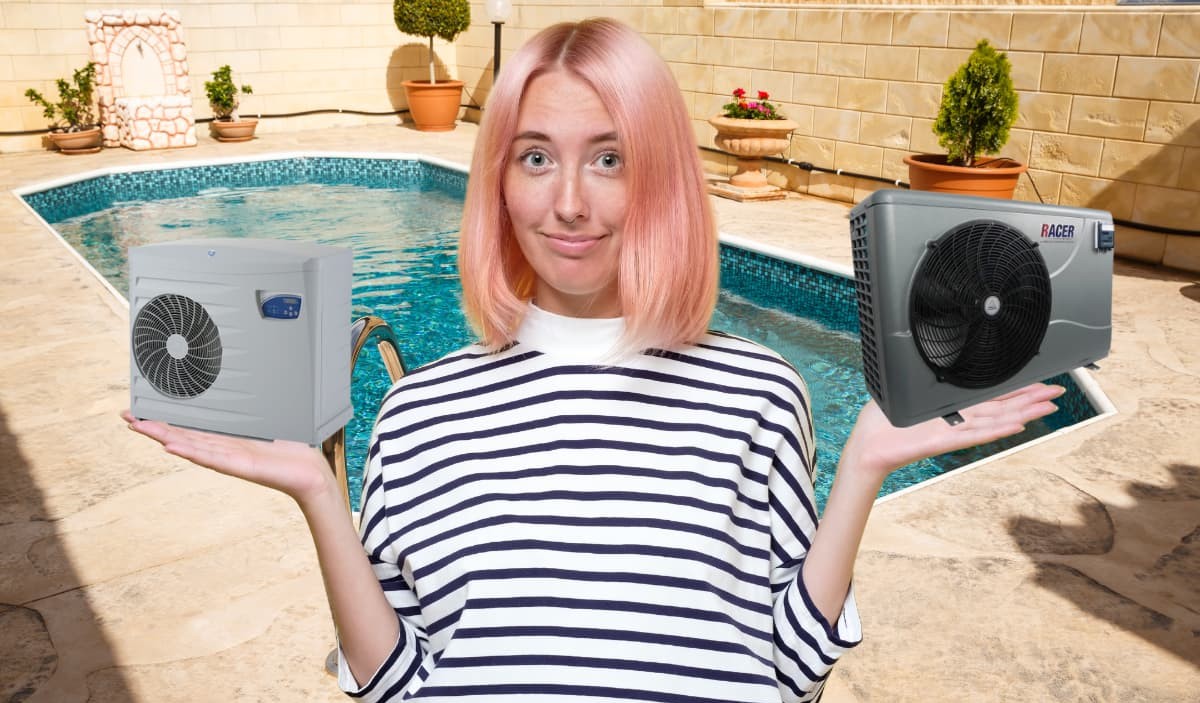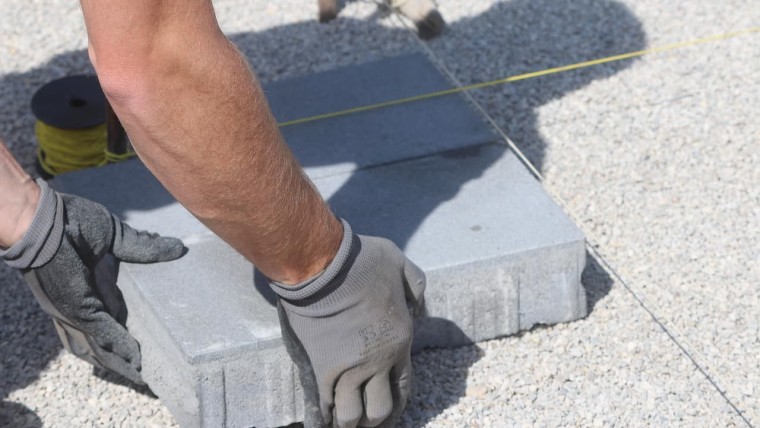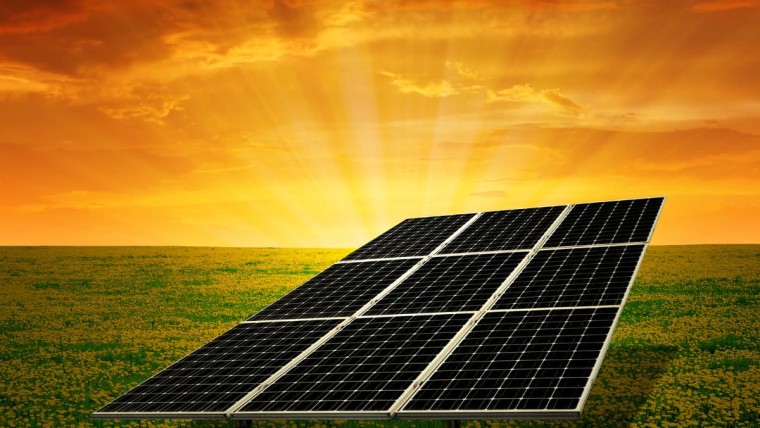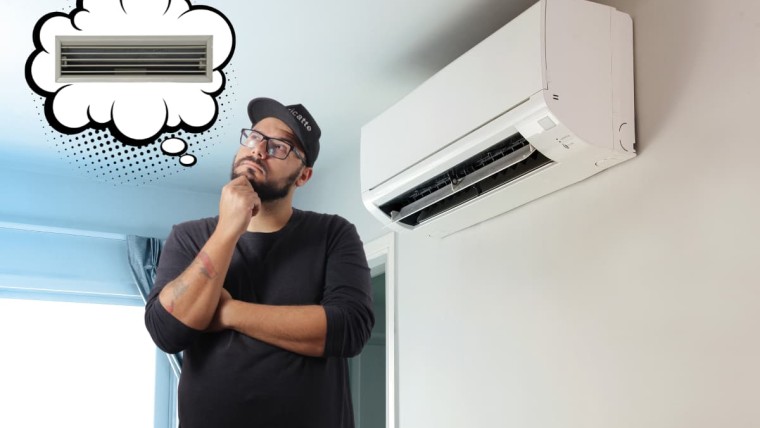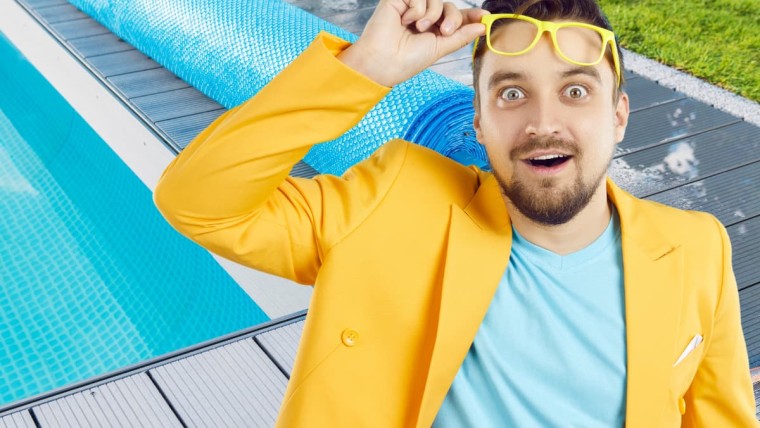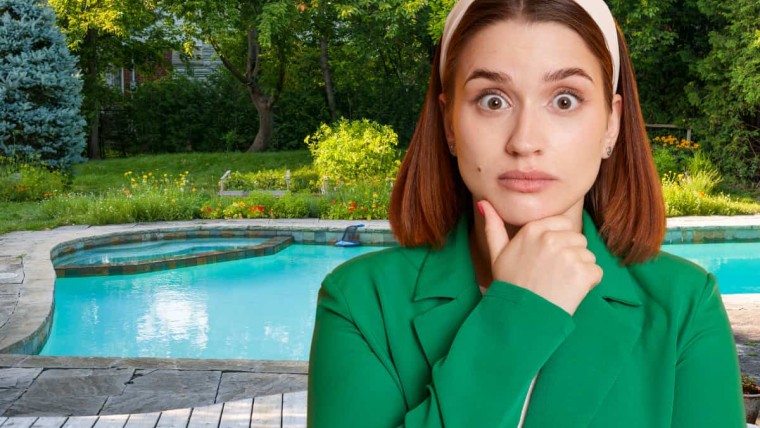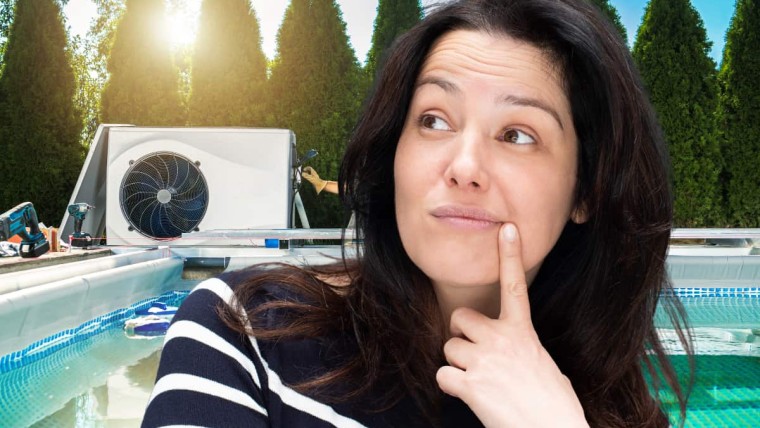Choosing the right heat pump for your pool is crucial to ensuring energy savings and optimum comfort. In this article, we'll help you determine how much power you need to heat a 30m3 pool, taking into account various climatic and technical criteria. Ready to dive into the world of pool heating? Let's get started!
Criteria to consider when choosing a heat pump's capacity
There are a number of factors to consider when sizing a heat pump for your pool:
- Water volume : Logically, the greater the volume, the greater the pump power.
- Geographical location : The power required varies according to the region where you live (climatic conditions, air temperature).
- Pool exposure: A shaded or windy pool requires a more powerful pump, as the water cools more quickly.
- Pool type : A pool with an overflow generates greater heat loss than one equipped with skimmers.
- Covering devices : The absence of a cover or pool enclosure requires a more powerful heat pump to compensate for heat loss.
- The desired heating time : The longer the heating period, the more efficient the pump needs to be, capable of operating at low temperatures or even in sub-zero conditions.
It's essential to size your heat pump correctly to save on purchase and running costs.
How do you calculate the power required for a 30m3 pool?
Here's a simple way to estimate the power you need:
Power (kW) = V x C x E
- V is the pool volume in m3
- C is a temperature rise coefficient of between 0.12 and 0.18 to gain 1.5° to 3° per day
- E is the sunshine index: 0.8 for the South or 1.2 for the North and mountain regions.
As an example, for a 30m3 pool in Corsica, we obtain :
30 x 0.12 x 0.8 = 2.88, i.e. an output of approx. 3 kW
For a swimming pool in Metz :
30 x 0.18 x 1.2 = 6.48, i.e. an output of approx. 7 kW
These figures can be adapted to suit your specific situation (pool configuration and location, presence or absence of cover, etc.).
For more detailed calculations, please refer to our article on calculating heating capacity for swimming pools.
Heat pump energy efficiency: an essential criterion
Although heat pumps are economical to operate, they still consume electricity. It's therefore important to take into account their efficiency, expressed by the coefficient of performance (COP).
So a pump with a COP of 4 will deliver 4 kWh of heat for every kWh of electricity consumed. The higher the COP, the more economical the pump. However, it should be noted that the COP announced by the manufacturer is calculated under precise conditions (air temperature, hygrometry) and may vary according to your situation.Inverter and StepInverter technologies: These systems adapt compressor power to actual heating requirements, optimizing energy consumption and reducing noise levels. StepInverter technology simply adjusts compressor operating levels.
Heat pump price and options: factors to consider
Heat pump prices vary according to several factors:
- Type: Horizontal pumps are generally less expensive, but noisier and more cumbersome than vertical pumps.
- Water heating : A variable-speed pump is more expensive to buy, but saves you money over time thanks to its greater energy efficiency.
Finally, some pumps offer remote control options, via a remote control panel or smartphone/tablet app. These functionalities may represent an additional cost, but they also provide greater ease of use.
Which brand of heat pump for a 30m3 pool?
As with home heating, there are many viable brands of swimming pool heat pumps. If you had to choose 3, here's the one I'd recommend:
- The Racer pool heat pump
- Zodiac Z200 M4 pool heat pump
- Thermor Aeromax 2 pool heat pump
For more details, I invite you to take a quick look at our article on this year's best pool heat pumps.
Conclusion: choosing the right wattage to heat your 30m3 pool
By taking into account the criteria outlined in this article, you should be able to select a heat pump suited to your needs. Don't hesitate to ask the industry's professionals for advice on refining your choice, so you can benefit from high-performance, cost-effective equipment! From now on, the pleasures of comfortable bathing all year round are yours...

Julien G.
Juliena mechanical engineering graduate and specialist in climate engineering since 2009, has become a writer specializing in renewable energies, with expertise in heat pumps and photovoltaic solar panels for individual housing.
See all articles by this author
